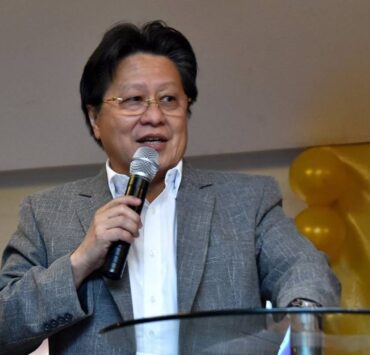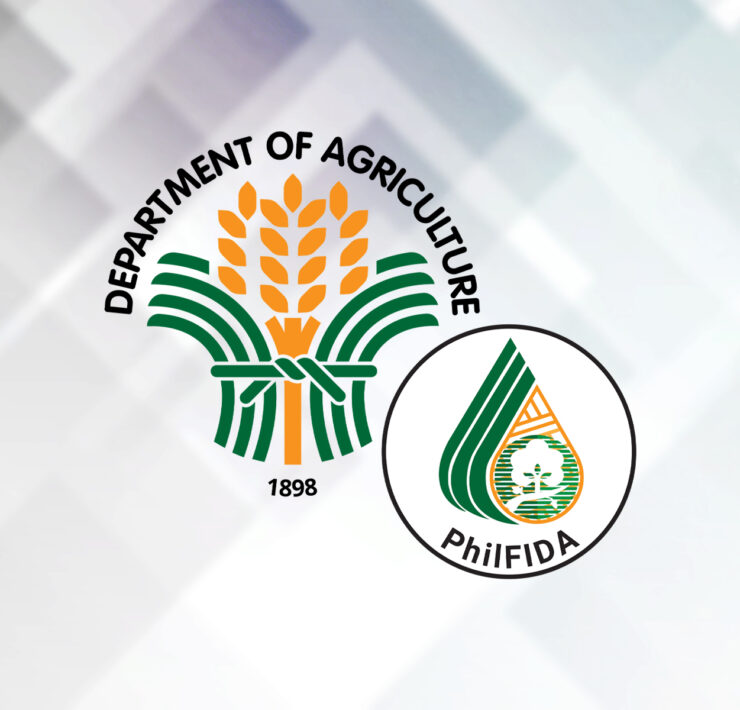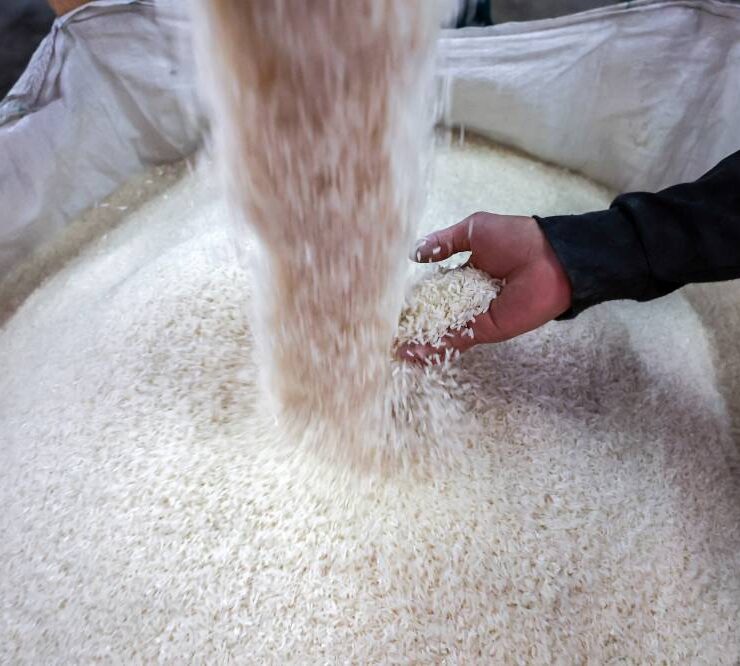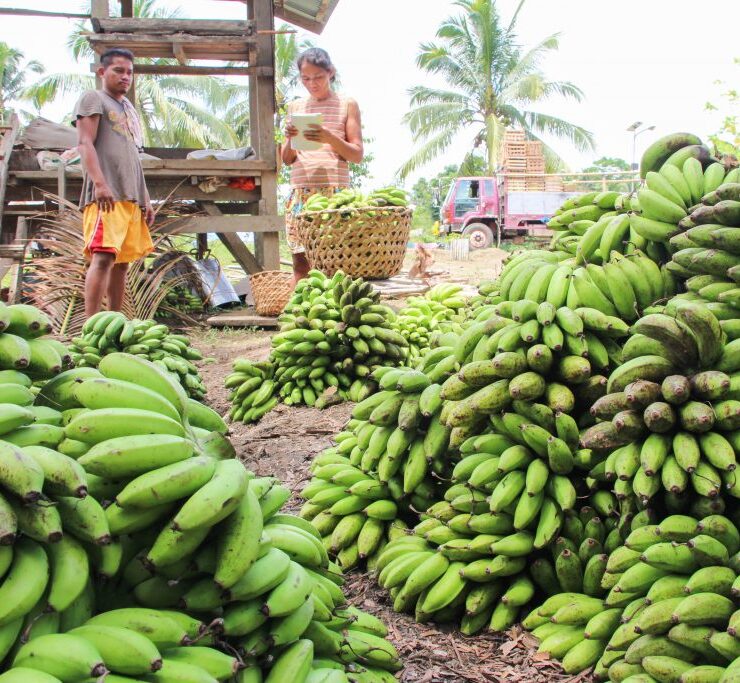FAO, Japanese gov’t join hands to help BARMM fisherfolk
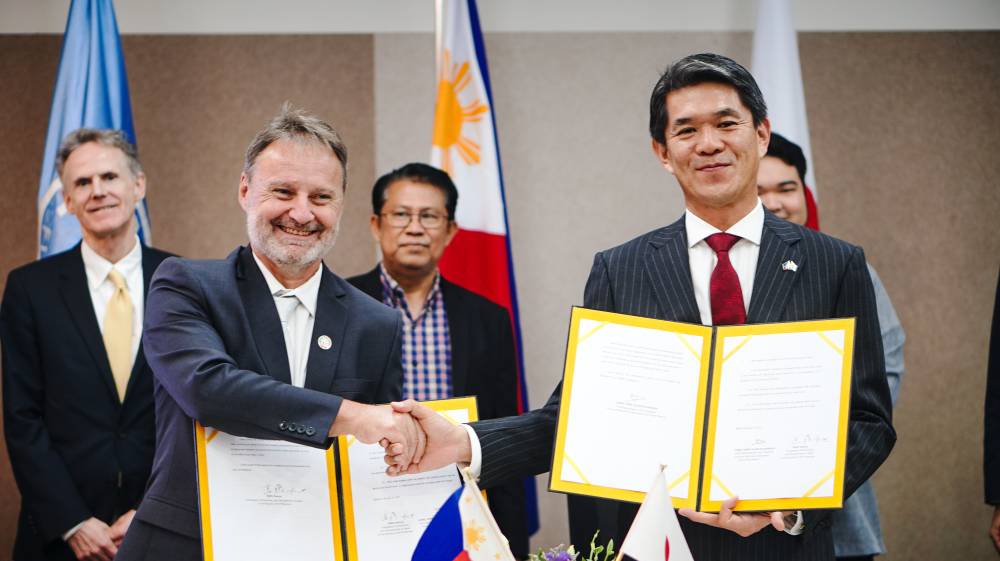
The United Nations’ Food and Agriculture Organization (FAO) will implement a $4.79-million project backed by the Japanese government to promote sustainable aquaculture and fisheries in the Bangsamoro Autonomous Region in Muslim Mindanao (BARMM).
Called the Development of Sustainable Fishery Value Chains in the Bangsamoro Autonomous Region in Muslim Mindanao, the project will benefit 4,000 small-scale aquafarmers and fishers in the region.
It also includes women and former rebel combatants coming from the two former rebel camps that are part of the project sites.
The FAO will be working on the project along with the Ministry of Agriculture, Fisheries and Agrarian Reform (Mafar).
Through its Blue Transformation Roadmap, the FAO aims to meet the rising demand for aquatic food while reducing aquaculture’s environmental footprint by building the necessary infrastructure to improve the market linkage and value chain of local aquatic foods.
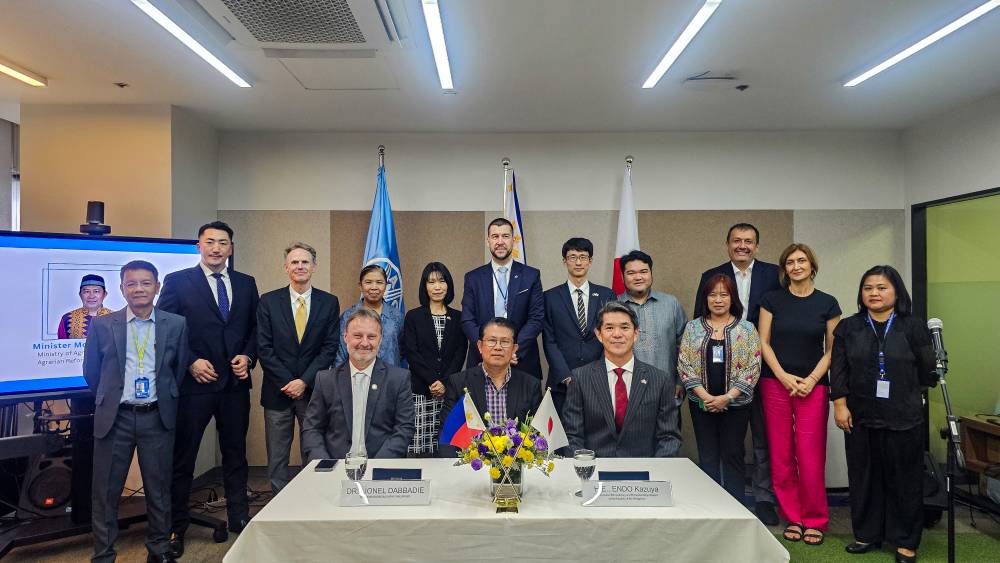
The Mafar and local governments will undergo capacity-building to improve the monitoring and management of fish stocks, while entrepreneurship and alternative livelihood will be given to small-scale fishing communities, including fish processing.
“Resilient aquaculture and fishing technologies, especially in postharvest processing, will be introduced to reduce losses and ensure the sustainability of the project,” the joint statement said on Friday.
Peace, development
Japanese Ambassador Endo Kazuya reaffirmed the Japanese government’s steadfast commitment to supporting peace and development in BARMM.
“Japan remains deeply committed to advancing peace and promoting inclusiveness in its engagement in BARMM. Empowering communities on the ground is key to driving meaningful development, stability and growth,” he said.
The Japanese envoy also said empowering the fisheries sector was both an essential and strategic investment in the region.
“From restoring and rehabilitating livelihoods affected by the onslaught of Supertyphoon “Yolanda” and Typhoon “Odette,” to prioritizing agricultural development for peace—the Government of Japan has long been an impactful partner of FAO in our work with the Philippine Government continuously building robust agrifood systems and making nutritious food accessible to all,” FAO Philippines representative Lionel Dabbadie said.
Dabbadie also said the project would position BARMM as a global example of modern, transformative and innovative sustainable development.
Government data showed that BARMM was the leading fish producer in the Philippines, accounting for approximately 30 percent of total fish production.














